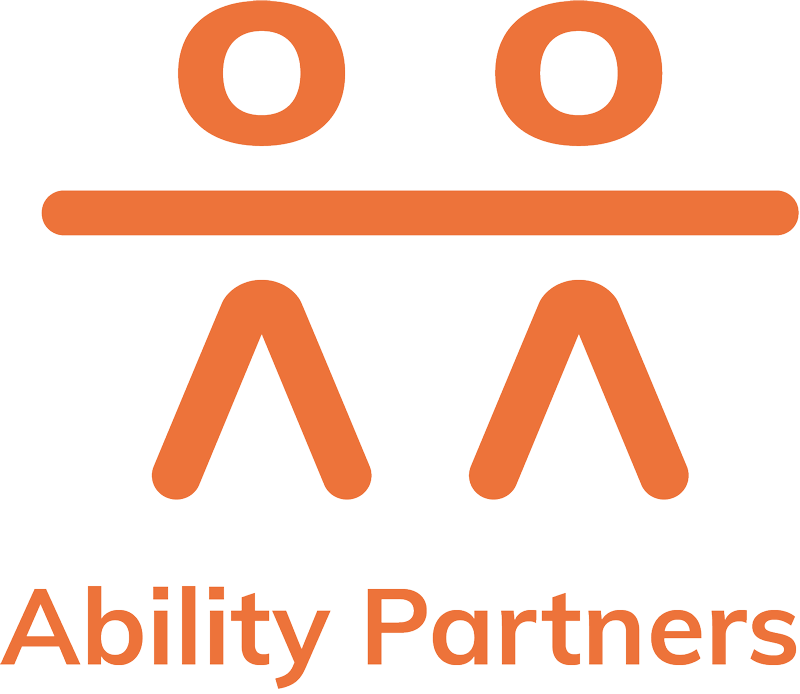The main difference between therapeutic play and play therapy is that therapeutic play can be administered by an untrained support person whereas play therapy is administered by a trained therapy professional.
It is important to distinguish between these differences when it comes to making an informed decision about you or your participant’s health and what treatment options should be sought. In this blog, we will discover the main differences between therapeutic play and play therapy and how each treatment method uniquely contributes to supporting a person in need.
Therapeutic Play
Therapeutic play is a form of therapy that uses play activities to assist a person in expressing their thoughts, feelings and emotions. This form of therapy is not limited to trained professionals and can be administered by an untrained support person for therapeutic purposes. This may include a teacher, parent, family member or friend. Therapeutic play, if performed regularly (or as prescribed), can in most cases accelerate functional and capacity development in targeted domain areas, beyond what could be achieved in less frequent therapy sessions. In most circumstances, therapeutic play can have a long-lasting and positive impact on relationship building for the client, but also the facilitator of the play.
Benefits of Therapeutic Play
The main benefits of therapeutic play are:
- A trained professional isn’t required to administer treatment
- Expression of emotions and feelings
- Processing trauma
- Improvements in behaviour
- Improvement in self-esteem and confidence

Play Therapy
Benefits of Play Therapy
The main benefits of play therapy are:
- Safe way for a person to share their thoughts and feelings
- Offers opportunities for distraction
- Develop self-awareness and coping skills
- Delivered by a trained professional
- Allows for creative expression
Types of Play Therapy
There are various forms of play therapy including but not limited to:
- Storytelling
- Roleplay
- Arts and crafts
- Puppets
- Sand play
- Dolls or action figures
- Musical play
- Dance
- Toy phones
- Stuffed animals
Conclusion
Although there is a difference between therapeutic play and play therapy, there are significant benefits to choosing either path to provide therapy for an individual. Ultimately, both therapeutic play and play therapy play a vital role in opening the opportunity to provide an individual with a safe space to express their feelings and emotions.
If you or someone you know would benefit from our psychological or counselling services, contact our friendly support team today.


